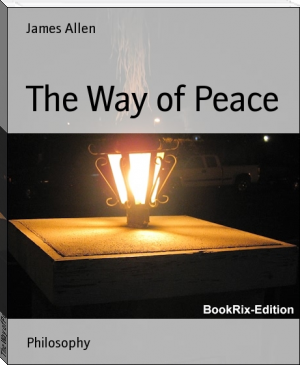author - "James Allen"
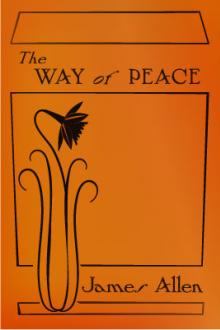
e lowly birth of Godhead In the stable of the passions, In the manger of the mind-soul; Silent singer of the secret Of compassion deep and holy To the heart with sorrow burdened, To the soul with waiting weary:-- Star of all-surpassing brightness, Thou again dost deck the midnight; Thou again dost cheer the wise ones Watching in the creedal darkness, Weary of the endless battle With the grinding blades of error; Tired of lifeless, useless idols, Of the dead forms of religions; Spent with
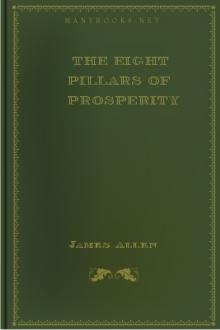
s kinds of success, and it is frequently necessary that a man should fail in one direction that he may reach up to a greater and more far-reaching success. If, for instance, a literary, artistic, or spiritual genius should begin by trying to make money, it may be, and often is, to his advantage and the betterment of his genius that he should fail therein, so that he may achieve that more sublime success wherein lies his real power. Many a millionaire would doubtless be willing to barter his
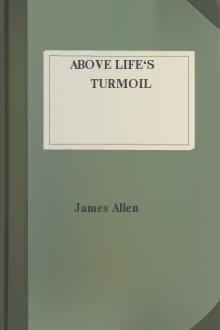
r a man will pass through that condition in this present life, and realise holiness and heavenly rest here and now, will depend entirely upon the strength of his intellectual and spiritual exertions, and upon the intensity and ardour with which he searches for Truth.Temptation, with all its attendant torments can be overcome here and now, but it can only be overcome by knowledge. It is a condition of darkness or of semi-darkness. The fully enlightened soul is proof against all temptation. When
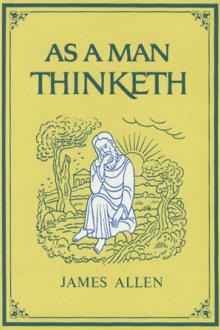
from, and could not be without, the seed, so every act of a man springs from the hidden seeds of thought, and could not have appeared without them. This applies equally to those acts called "spontaneous" and "unpremeditated" as to those, which are deliberately executed.Act is the blossom of thought, and joy and suffering are its fruits; thus does a man garner in the sweet and bitter fruitage of his own husbandry. "Thought in the mind hath made us, What we are By thought

e lowly birth of Godhead In the stable of the passions, In the manger of the mind-soul; Silent singer of the secret Of compassion deep and holy To the heart with sorrow burdened, To the soul with waiting weary:-- Star of all-surpassing brightness, Thou again dost deck the midnight; Thou again dost cheer the wise ones Watching in the creedal darkness, Weary of the endless battle With the grinding blades of error; Tired of lifeless, useless idols, Of the dead forms of religions; Spent with

s kinds of success, and it is frequently necessary that a man should fail in one direction that he may reach up to a greater and more far-reaching success. If, for instance, a literary, artistic, or spiritual genius should begin by trying to make money, it may be, and often is, to his advantage and the betterment of his genius that he should fail therein, so that he may achieve that more sublime success wherein lies his real power. Many a millionaire would doubtless be willing to barter his

r a man will pass through that condition in this present life, and realise holiness and heavenly rest here and now, will depend entirely upon the strength of his intellectual and spiritual exertions, and upon the intensity and ardour with which he searches for Truth.Temptation, with all its attendant torments can be overcome here and now, but it can only be overcome by knowledge. It is a condition of darkness or of semi-darkness. The fully enlightened soul is proof against all temptation. When

from, and could not be without, the seed, so every act of a man springs from the hidden seeds of thought, and could not have appeared without them. This applies equally to those acts called "spontaneous" and "unpremeditated" as to those, which are deliberately executed.Act is the blossom of thought, and joy and suffering are its fruits; thus does a man garner in the sweet and bitter fruitage of his own husbandry. "Thought in the mind hath made us, What we are By thought
